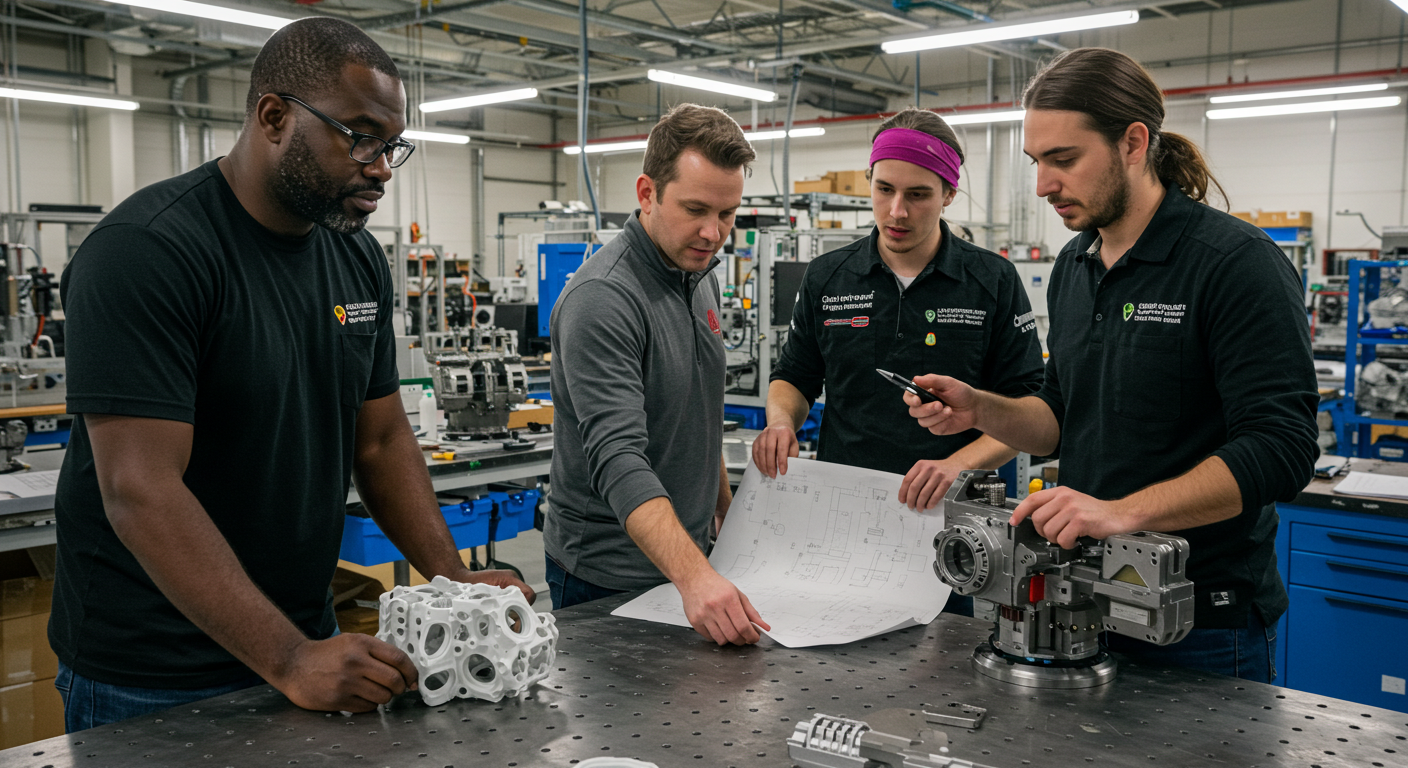Ever wondered what do technical engineers do at work all day? If you picture a person in a lab coat tinkering with wires or solving computer glitches, you’re partly right—but there’s so much more beneath the surface. These professionals are the unsung heroes who bridge the gap between complex technical systems and real-world applications. Whether it’s keeping a factory running smoothly or supporting high-tech innovation, technical engineers are the gears behind the machine.
In this article, we’ll break down what technical engineers actually do at work, highlight their roles, and dive into useful data and career pathways like technical engineers apprenticeship programs. So buckle up—we’re about to decode this underrated but crucial career!
Understanding the Role: What Do Technical Engineers Do?
Let’s start with the burning question—what do technical engineers do?
Technical engineers are hands-on problem solvers. They apply their specialized knowledge of engineering principles, tools, and technologies to support and maintain systems, machines, or processes. Think of them as the technological glue that holds systems together—they ensure everything functions safely, efficiently, and correctly.
Whether working in mechanical, electrical, IT, or civil engineering fields, their tasks often include:
- Troubleshooting and maintaining equipment
- Assisting in product design or testing
- Preparing technical documentation
- Collaborating with engineers and technicians
- Supporting customer or client issues with technical knowledge
Their work can be found across sectors—from manufacturing and telecommunications to healthcare and aerospace.
According to the U.S. Bureau of Labor Statistics, technical engineers—also known as engineering technicians—play a key role in maintaining, testing, and improving systems across various industries.
Daily Tasks of Technical Engineers
You might be surprised by just how dynamic a technical engineer’s day can be. Here’s a snapshot of what they might encounter during a typical workday.
| Task | Description |
|---|---|
| Equipment Maintenance | Inspecting and fixing machinery or systems to avoid downtime |
| Technical Support | Offering guidance to clients, customers, or internal teams |
| Project Assistance | Helping engineers with testing, design, or installation |
| Data Collection & Analysis | Gathering performance data to improve systems or products |
| Documentation | Creating manuals, reports, and user guides |
These tasks often vary depending on industry, specialization, and experience level. For instance, a mechanical technical engineer in a car plant will focus on entirely different systems compared to a network technical engineer in a data center.
Key Skills and Tools Used by Technical Engineers
Now that you know what technical engineers do, let’s peek inside their digital toolbox and skillset.
| Skill/Tool | Why It Matters |
|---|---|
| CAD Software (e.g. AutoCAD) | For technical drawings, blueprints, and product design |
| Analytical Thinking | Crucial for troubleshooting and root-cause analysis |
| Communication Skills | Needed to explain complex problems in simple terms |
| Technical Documentation Tools | Used to create guides, SOPs, and manuals |
| Safety Protocols | Ensures systems are maintained without harm or violation of regulations |
Whether you’re eyeing a career change or diving into a technical engineers apprenticeship, mastering these skills is your golden ticket to success.
How to Become a Technical Engineer: Start with Apprenticeships
Not everyone starts with a four-year degree—and that’s totally okay! A technical engineers apprenticeship is one of the most practical routes to enter the field. These hands-on programs blend classroom instruction with on-the-job training, allowing you to earn while you learn.
Benefits of apprenticeships include:
- Getting paid while gaining experience
- Avoiding massive student debt
- Building real-world problem-solving skills
- Networking with industry professionals
This is a great option if you’re more of a learn-by-doing kind of person, and it gives you a clear path into various engineering sectors.
FAQs About what do technical engineers do
- What do technical engineers do on a daily basis?
Technical engineers perform maintenance, offer technical support, assist in projects, and document systems to ensure everything runs smoothly. - What industries hire technical engineers?
Technical engineers work in industries like manufacturing, IT, healthcare, aerospace, telecommunications, and construction. - How can I become a technical engineer?
You can become a technical engineer through a college degree or a hands-on technical engineers apprenticeship program. - What skills are important for a technical engineer?
Key skills include problem-solving, CAD software proficiency, technical documentation, communication, and safety awareness. - Is a technical engineers apprenticeship a good career path?
Yes, apprenticeships offer practical experience, paid training, and a direct path to a technical engineering career without student debt.
Conclusion
We’ve explored the many layers behind the question—what do technical engineers do? From maintenance and technical support to CAD design and data analysis, technical engineers wear many hats. They’re the middle ground between concept and reality, theory and practice, vision and implementation.
Their daily work keeps industries humming, customers happy, and products functioning as intended. Whether you’re considering a technical engineers apprenticeship or simply curious about what happens behind the curtain, one thing is clear: this role is critical, diverse, and full of opportunity.
Custom Message:
Now that you know what do technical engineers do at work, you can better appreciate the important, behind-the-scenes magic they bring to our modern world. Whether you’re curious, planning a career path, or just love knowing how things work—this role might just be your next big adventure!
Let me know if you’d like to expand this into a downloadable guide or convert it into a web-friendly infographic!





